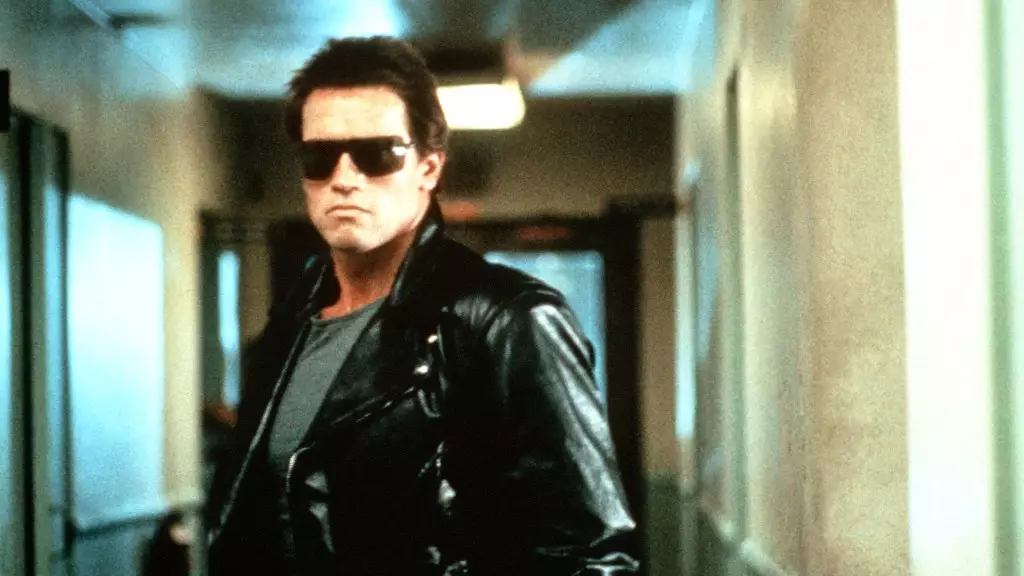The Terminator, released in 1984, is often heralded as a science fiction milestone that altered the landscape of filmmaking. Directed by James Cameron, the film not only catapulted its lead actor, Arnold Schwarzenegger, into superstardom but also marked Cameron’s entry into the directorial elite. However, as the film celebrates its 40th anniversary, Cameron has taken a candid stance regarding his debut project, offering insights that challenge the reverence often held for the film.
Speaking to Empire, Cameron reflects on The Terminator with a mix of nostalgia and critique. He acknowledges the film’s cultural impact yet is unafraid to dissect its imperfections. Describing certain elements as “pretty cringeworthy,” he assesses the production value as something that hasn’t aged gracefully over the decades. This level of self-reflection is rare in Hollywood, where masterpieces are often painted with a worshipful brush, untouched by flaws.
Cameron’s frankness extends beyond production quality; he also comments on the film’s dialogue, stating that he personally does not find it embarrassing. He attributes his surprisingly low cringe factor to his unique position as both the writer and director. “You know what? Let me see your three-out-of-the-four-highest-grossing films — then we’ll talk about dialogue effectiveness,” he quips, underscoring the complexities faced by filmmakers when balancing creative vision with audience expectations.
While he expresses a fond attachment to The Terminator—confessing it remains “near and dear” to him as his first directing experience—Cameron juxtaposes this emotional connection with the realities of cinematic progress. He estimates that he was merely a “punk starting out” when he made the film, a reminder of the inexperienced filmmaker who was venturing into a challenging industry.
This duality captures a broader conversation about nostalgia in filmmaking. As viewers, we often hold films from our past to an elevated standard, blinding ourselves to their age and production limitations. Cameron’s candid remarks serve as a necessary reminder that even revered classics can be flawed, and such a perspective encourages a more nuanced appreciation of film history.
Despite admitting its shortcomings, there is no denying that The Terminator has profoundly influenced the sci-fi genre and paved the way for subsequent installments, including numerous sequels and television adaptations. The film’s legacy is characterized by its innovative storytelling and groundbreaking special effects, which inspired countless future filmmakers.
As we commemorate four decades since its release, Cameron’s reflections on The Terminator reveal a thoughtful dialogue surrounding artistic evolution, the nature of nostalgia, and the importance of critical self-evaluation in creative endeavors. Through Cameron’s lens, we glean valuable insights, not just about the film itself, but about the ever-evolving nature of cinema. While The Terminator may not be a perfect film, its contributions to the industry remain undeniably impactful, offering a treasure trove of lessons for both creators and audiences alike.

